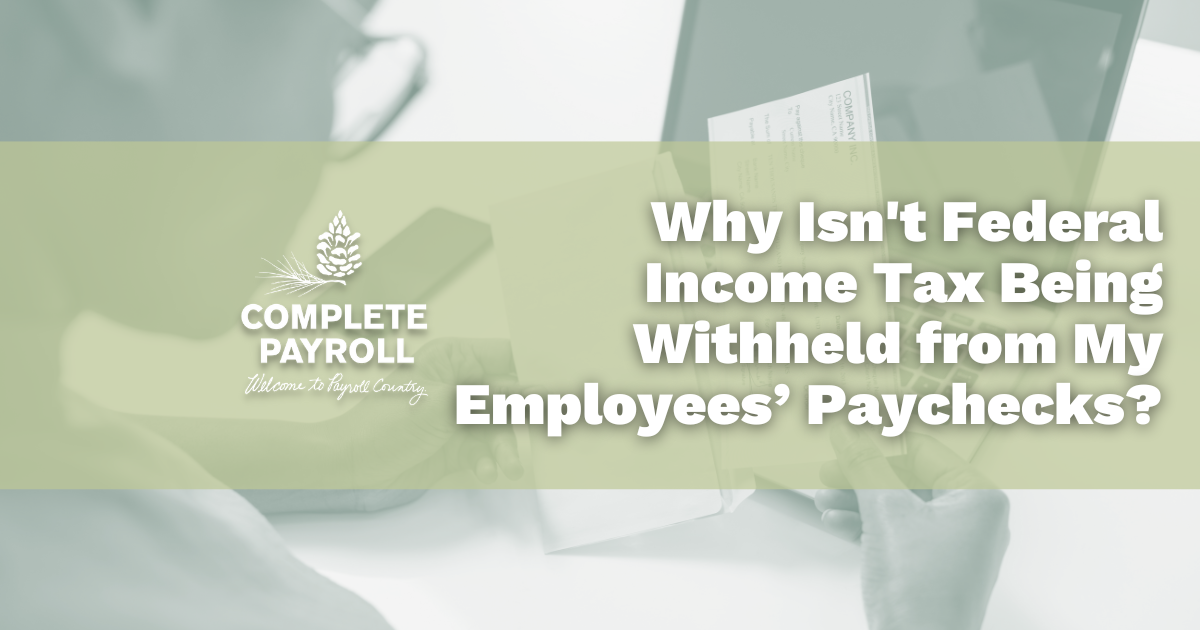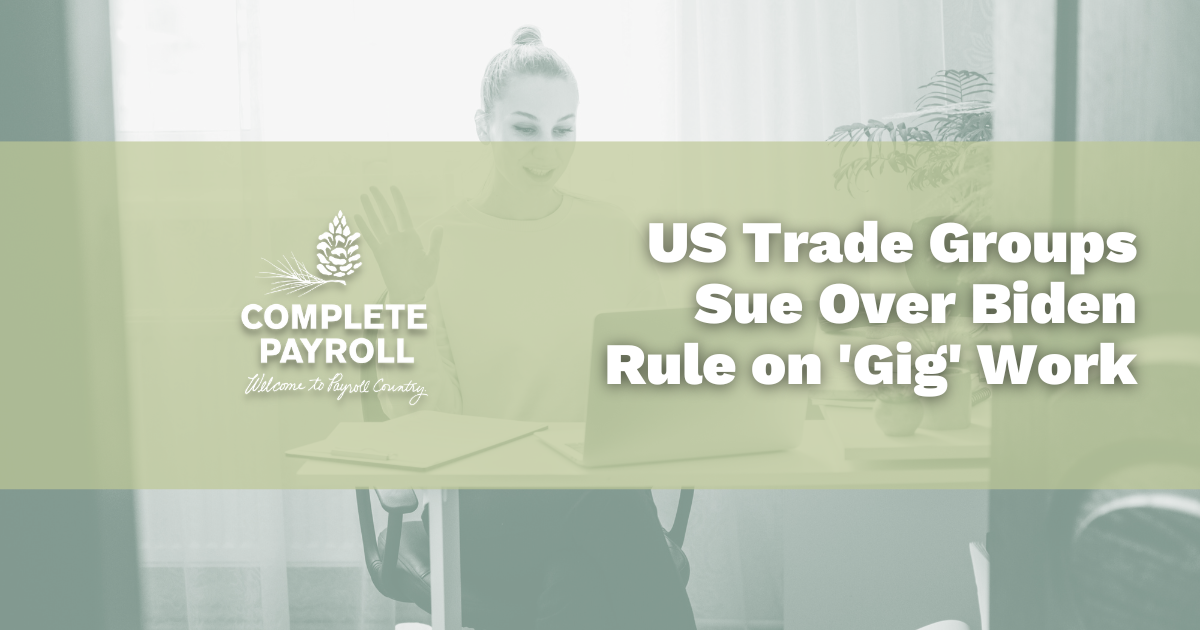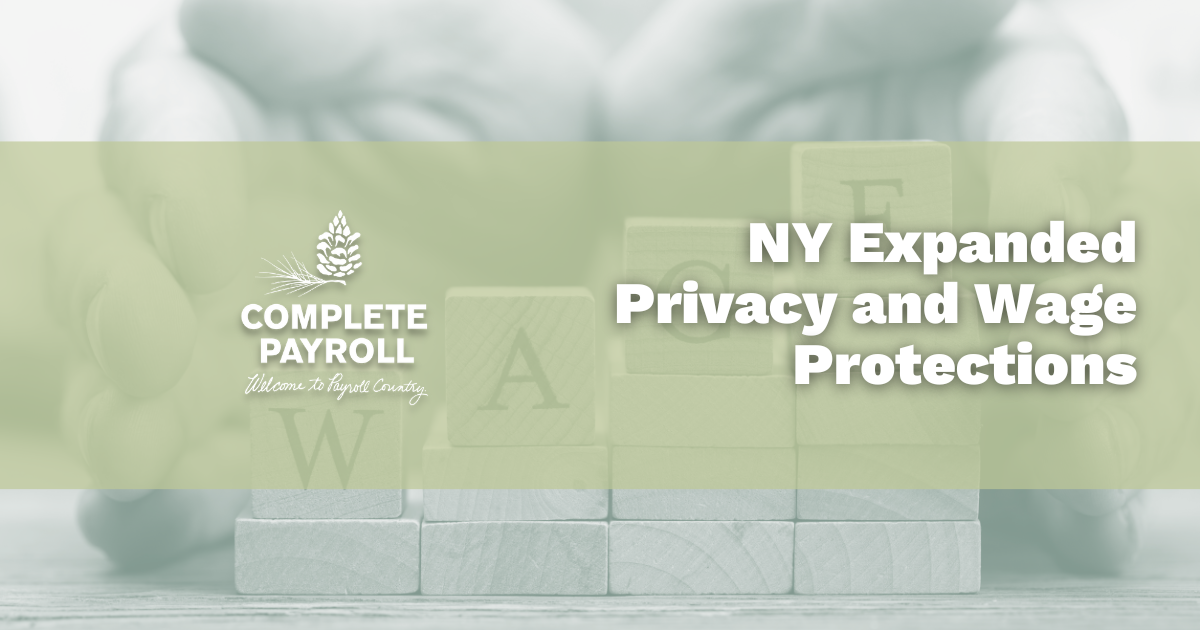
Many entrepreneurs and small business owners dream of the day when they will be able to start hiring employees! For some, it is one of the first markers of real growth, because no longer can a sole proprietor manage all the work of the business. Someone else needs to come on board to share the workload or being a new area of expertise to the company. No wonder people are excited about starting this process!
Of course, it can be pretty intimidating, too, especially because there are so many factors to consider, from how to find the right employee, to making sure you’re abiding by all applicable employment laws, and figuring out what paperwork you have to file for taxes, insurance, benefits, and more.
One of the things that many employers ask is this: how much is it going to cost?
There is no one answer to this question, as there are a ton of factors that go into this. However, we are hiring experts at Complete Payroll. We have helped thousands of employers around the country hire millions of employees over the past twenty-six years, and we’re happy to share with you some of our expert knowledge.
Here are some things you can keep in mind as you try to anticipate the cost of hiring your first employee.
Advertising the Position
When you’re ready to advertise the position, you have some options. In order to get the description of your job in front of the right candidates, you’ll probably need to pay some money.
For example, popular job posting sites like Monster or CareerBuilder charge between $300 and $500 for job listings that last between 30 and 60 days. Some lesser known sites charge a smaller fee, whereas others charge per click. You can also post an ad for free in a handful of places, but this is generally considered a “you get what you pay for” situation.
Another option is to work with a recruiter who will be paid a fee when the position is filled.
Making Decisions About Salary & Wages
You have a lot of decisions to make about salary and wages. For example, each of these questions will need to be addressed before you start interviewing potential candidates:
-
Are you definitely hiring an employee, or are you actually hiring an independent contractor?
-
Will the employee be part-time or full-time?
-
Is your employee going to be exempt or non-exempt?
-
Will you pay an hourly or salaried wage?
-
How much will you pay? (Federal minimum wage, state minimum wage, and competitive salaries are all a part of this decision.)
-
What benefits are you required by law to offer?
-
Will you offer any additional benefits?
Anticipating Tax Responsibilities
When it comes to taxes related to employment, there are some things that are the responsibility of the employer, and some that are the responsibility of the employee. A few things are shared.
-
FICA is one of those shared responsibilities. For this tax, you will withhold a certain percentage from your employee’s pay to cover the employee’s portion of Social Security and Medicare taxes. Then, you will pay the same amount to cover the employer’s portion.
-
Worker’s Compensation is the employer’s responsibility, and it averages out to be about $1.36 per $100 of employee pay.
Additional Costs
There are always going to be some additional costs that vary from employer to employer. For example, a company that employs 50 or more people is required by law to provide health insurance or face a tax penalty. Companies that employ fewer than 50 people may find that they are eligible for tax benefits if they do provide health insurance, even though they’re not required to do so.
For every benefit you offer, ranging from paid family leave to bonuses and commissions, there are going to be additional costs. However, many of the costs associated with benefits are worth it, because that is part of what makes your new company competitive.
A few additional costs include:
-
Background check fees
-
Health Savings Account contributions
-
Retirement accounts
-
Tuition reimbursement
-
Wellness program incentives
Need More Information?
This little overview only gives some insight into the hiring process and what costs you can expect. We have provided a much more in-depth analysis of the hiring process here, where you can find out about things like the timeline for hiring, how to get a tax ID number, finding and interviewing the ideal candidate, and much more!
We also would love to hear about you and your company so that we can let you know how we may be able to help you sort out all of your hiring needs.




















